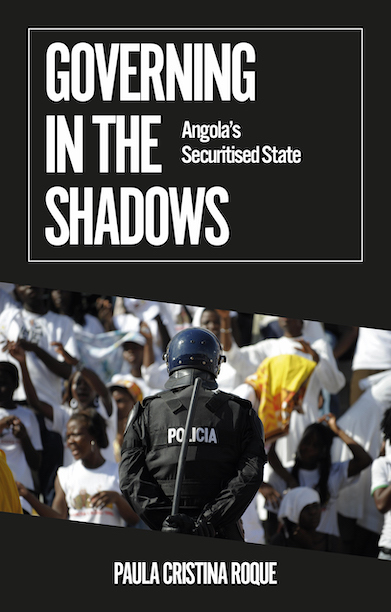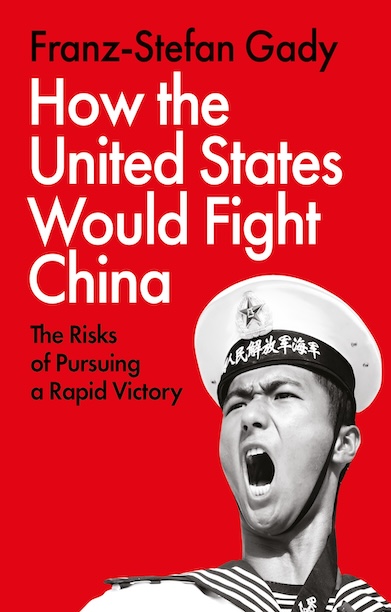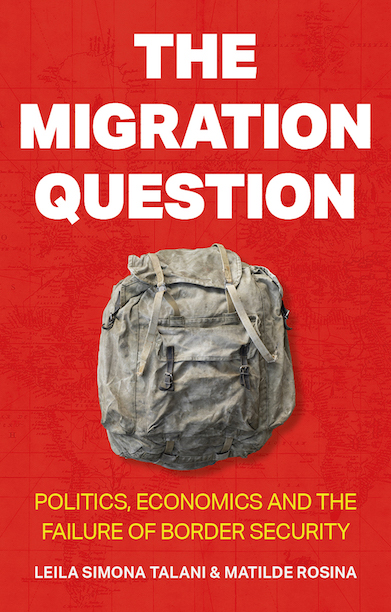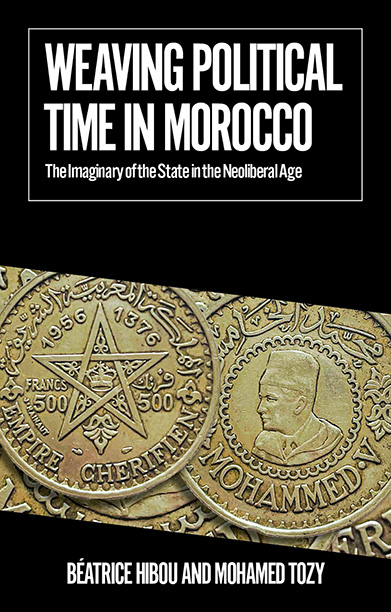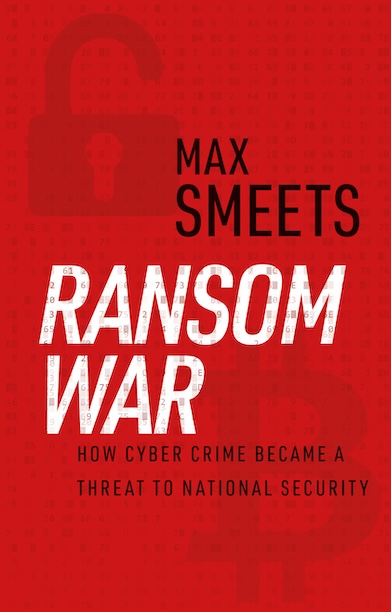Governing in the Shadows
Angola's Securitised State
Part of the African Arguments seriesReveals the Angolan state’s intrusion into citizens’ lives in the name of security, in stark contrast with governmental neglect in addressing poverty and marginalisation.
Description
This book traces three decades of securitisation in Angola. As a governing strategy during war and peacetime, it muted the aspirations of those on opposing sides, distorted the state, emboldened elites and redefined the identity of Angolans. Through this lens, Paula Cristina Roque provides an original account of Angola’s post-conflict state-building.
Securitisation protected the interests of President dos Santos, the ruling MPLA party and the elites supporting the regime. Angola’s array of security forces and infrastructure provided an alternative to a fully functioning executive, at national, provincial and local levels. The intrusive way in which any form of dissent or activism was crushed allowed the presidency to control the direction and narrative of the post-war years. But the façade of democracy, development and stability hid a very different reality for the majority of Angolans, who remained poor, disenfranchised and marginalised.
Roque explores the inner workings of the intelligence services, army and presidential guard, explaining the trajectory of a survivalist and fearful regime presiding over scarcities and injustices. She shows that the survival of national security and governing elites was the highest priority. The ‘shadows’ held far more power than institutions, and weakened them–widening the gap between government and governed.
Reviews
‘Roque has achieved what few dare attempt: to reveal the true face of Angola’s fiendishly opaque regime. This courageous, captivating book is a service to Angolans, who have lived too long under a reign of fear. Roque writes with the insight of a scholar. But like all good investigations her story is gripping, moving and cries out to be read urgently.’ — Tom Burgis, author of Kleptopia
‘In this important book, Roque details how securitisation fuelled corruption and patronage in Angola since independence. It shows how elections in 2022 could unlock change if the dissolution of the security state is accompanied by political decentralisation and economic diversification.’ — Jakkie Cilliers, co-founder of the Institute for Security Studies, and author of The Future of Africa: Challenges and Opportunities
‘Paula Roque delves into the subterranean world of presidential power in Angola—an opaque system of shadow government, with a vast security infrastructure and complex strategies of political preservation. A masterly contribution to scholarly work on Angolan politics.’ — Tony Hodges, author of Angola: Anatomy of an Oil State
‘Governing in the Shadows makes for very interesting reading. The material is original and, as far I know, there are no other works on the security forces in Angola. It is an important book.’ — António Tomás, Associate Professor, Graduate School of Architecture, University of Johannesburg, and author of Amílcar Cabral: The Life of a Reluctant Nationalist
‘Roque shines a light on Angola’s decades-long “armed peace” and identifies securitisation—as discourse, strategy and infrastructure—at its shadowed heart. A deeply researched picture of an unaccountable, secretive machinery, justified by a “permanent crisis” that it both imagines and makes all too real.’ — Jocelyn Alexander, Professor of Commonwealth Studies, Department of International Development, University of Oxford
Author(s)

Paula Cristina Roque PhD is Executive Director of Intelwatch, and has worked for the Crisis Management Initiative, the International Crisis Group, and the Institute for Security Studies. She is a founding member of the South Sudan Center for Strategic and Policy Studies, and author of Governing in the Shadows: Angola's Securitised State, also published by Hurst.
